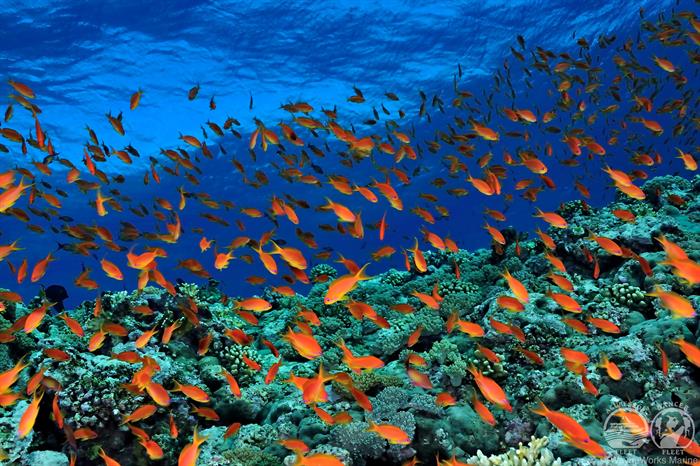Diving in Hawaii offers a unique and diverse experience with its crystal-clear waters, coral reefs, and marine life. Here is some information about diving in Hawaii, including the best diving spots for beginners and experienced divers, marine life, dive conditions, and cost.
Diving Spots in Hawaii:
Hawaii has a variety of diving spots suitable for both beginners and experienced divers. One of the best spots for beginners is the Hanauma Bay Nature Preserve in Honolulu, which features a shallow coral reef and a variety of marine life, including colorful fish and sea turtles. Another good spot for beginners is the Kailua Beach Park on Oahu, which has calm waters and a variety of marine life, including sea turtles and reef sharks.
For experienced divers, the Molokini Crater is a popular spot. The crater is located off the coast of Maui and is home to a variety of marine life, including sharks, rays, and colorful fish. Another popular spot for experienced divers is the Manta Ray Night Dive in Kona, where divers can observe giant manta rays up close.
Marine Life:
Hawaii's waters are home to a diverse range of marine life, including sea turtles, dolphins, sharks, and a variety of fish species such as parrotfish, triggerfish, and angelfish. The state's coral reefs are also home to colorful marine life, including coral formations, sponges, and sea anemones.
Dive Conditions:
Dive conditions in Hawaii are generally good year-round, with water temperatures ranging from the mid-70s to mid-80s and visibility ranging from 60 to 100 feet. However, weather conditions and ocean currents can affect dive conditions, so it is important to check with local operators or dive shops for up-to-date information.
Cost:
Diving costs in Hawaii can vary depending on the dive location and operator. Most dive operators offer equipment rentals, air fills, and guided dives in package deals, which can range from around $100 to $200 per person per dive, depending on the location and operator.
Overall, diving in Hawaii offers a unique opportunity to explore coral reefs, marine life, and underwater volcanic formations. Divers should plan carefully and dive with experienced professionals to ensure a safe and successful diving trip.
































